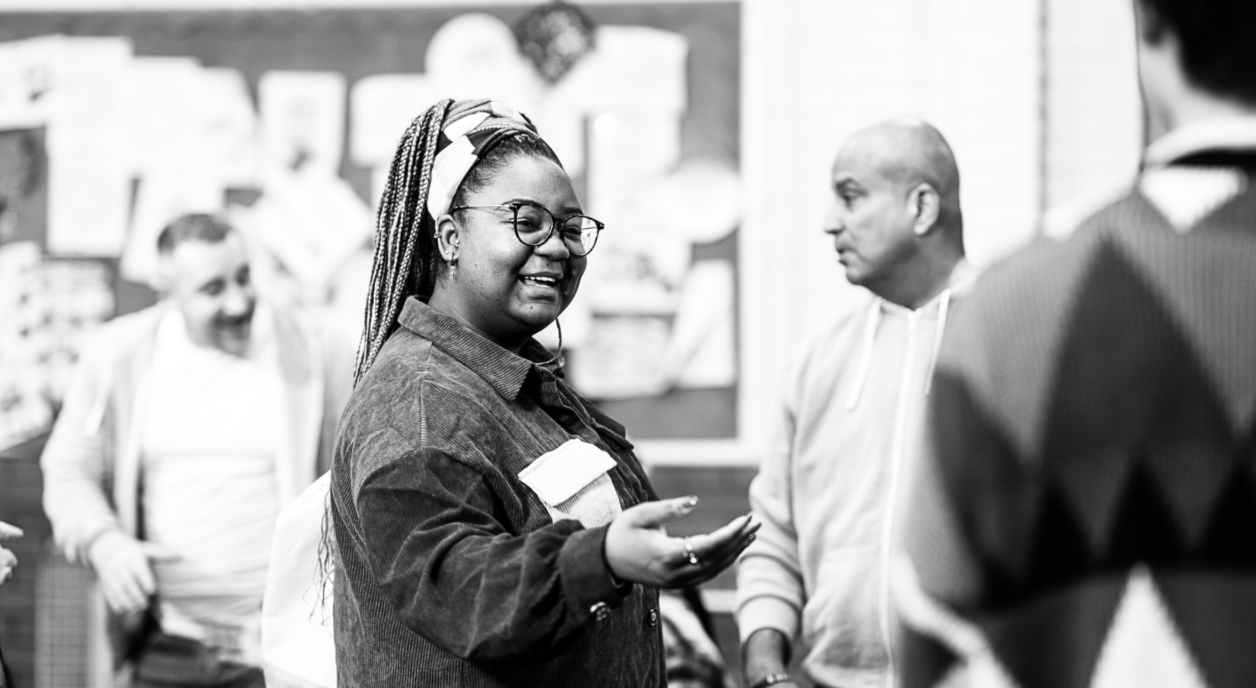How to maximize your impact with skills-based volunteering

In the nonprofit sector, you’ll often hear staff members say that they “wear many hats,” meaning they fill a number of crucial roles at their organizations. It is not uncommon for a CEO to serve as the finance team, HR department, and database technologist, all on top of their executive responsibilities. Nonprofit professionals’ generalist training and willingness to go above and beyond the call of duty enable them to move mountains—and keep the lights on—despite a significant gap in funding for the core business functions that keep organizations running strong, such as technology, finance, marketing, and HR. On average, nonprofits spend 2-8 percent of their total budgets on infrastructure, compared to 30-35 percent for private sector companies. Thus, despite the drive and expertise of their staff, organizations often find themselves lacking the capacity and specialist knowledge needed to upgrade their back-end business functions to allow for programmatic scale and innovation. One way nonprofits are bridging this gap is through skills-based volunteering.
By tapping into the professional skills and expertise of corporate and individual volunteers, social sector agencies are able to strengthen their infrastructure and further their organizational strategies. Skills-based volunteering might entail a human resources professional advising on an employee benefits strategy, a data analyst cleaning up a donor database, or a marketing executive developing a digital communications plan.
Over 70 percent of nonprofits believe they could increase their impact through skills-based volunteerism—and the great news is that plenty of professionals are eager to meet that demand. Over 60 percent of companies offer formal pro bono programming and upwards of four million individuals have expressed interest in skills-based volunteering on LinkedIn. That said, introducing skills-based volunteers to an organization can feel like a daunting task. Organizations need to consider when (and whether) they’re ready to engage with volunteers, what projects are a fit for external expertise, how to find the right partners, and how to say “no” if something isn’t the right fit.
To support organizations with this process, Common Impact convened a cohort of industry experts to pool their knowledge and launch Capacity Commons, a one-stop-shop for skills-based volunteering. The free online platform provides resources, interactive tools, and examples to help nonprofits understand the value of pro bono service, design and implement a project, connect directly to skilled volunteers, and measure immediate and long-term impact. As a nonprofit or social sector professional, you can use the website to:
- Learn about skills-based volunteerism and how your organization can use it effectively.
- Prepare your organization for skills-based volunteering with online tools that assess your readiness and connect you with resources to increase your preparedness.
- Scope a project perfect for a skilled volunteer by viewing sample peer projects and completing guided exercises to define, value, and assess prospective projects.
- Find the right volunteers by following tips on how to leverage existing networks and connections or by utilizing online volunteer matching platforms.
- Manage your projects with clear, proven best practices such as documenting partnerships, defining clear expectations and processes, and combating power dynamics.
- Evaluate pro bono impact with measurement frameworks and sample surveys.
- Repeat the process and integrate skills-based volunteerism into your organization’s strategic and operational planning processes.
Whether you’re a skills-based volunteering newbie or a pro bono pro, use Capacity Commons to launch your capacity-building projects and scale your impact. Get in touch with Common Impact at [email protected] to share your feedback and stories of impact.
Want to learn more?
Join my colleague Molly Weinstein and me at “Leverage Skills-Based Volunteerism to Access Corporate Talent and Build Capacity,” a webinar Candid is offering on March 26. Register now






